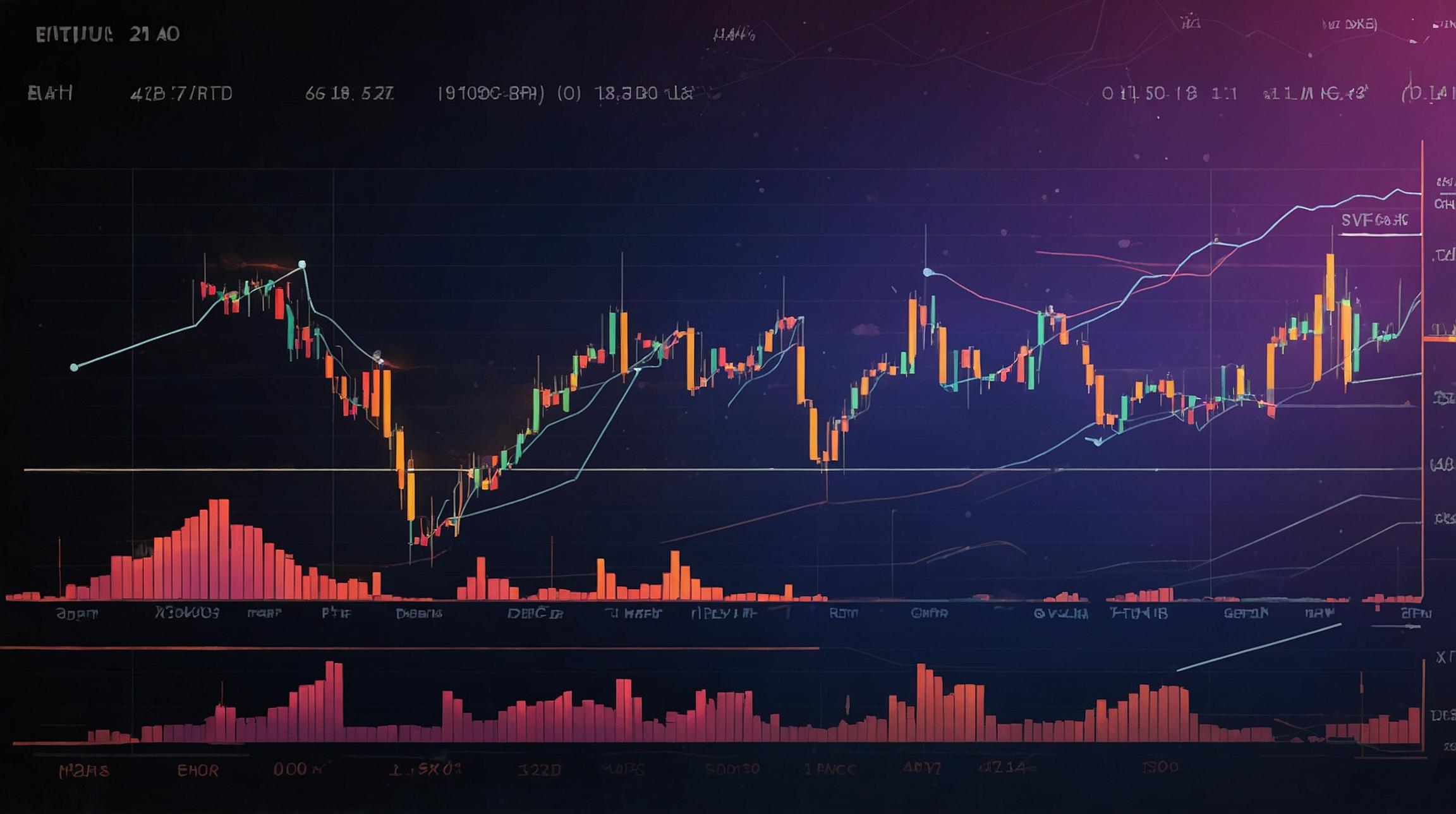Impact of AI on Employment: Advanced Economies Most Affected
According to the International Monetary Fund (IMF), the impact of artificial intelligence (AI) on employment will be especially significant in advanced economies. The IMF’s recent blog post states that around 60% of jobs in advanced economies may be impacted by AI. This is primarily because the technology has the potential to affect high-skilled jobs, which are more prevalent in these economies. While some of these jobs may benefit from AI integration, there is a concern that key tasks currently performed by humans may be executed by AI applications, leading to lower labor demand, reduced wages, and even job losses.
AI Integration in High-Skilled Jobs: Implications for Labor Demand
Half of the high-skilled jobs in advanced economies that are impacted by AI may benefit from its integration. However, the other half may witness a shift as tasks currently performed by humans may be taken over by AI applications. This shift could result in a decrease in labor demand, lower wages, and reduced hiring. In some cases, certain jobs may even become obsolete. These implications highlight the need for a careful evaluation of the impact of AI and the development of strategies to ensure a smooth transition in the workforce.
AI Exposure Rates: How Emerging Markets and Low-Income Countries Compare
The IMF’s blog post also addressed AI exposure rates in different economies. Among economies of all kinds, approximately 40% of global employment is exposed to AI. Emerging markets are expected to have an AI exposure rate of 40%, while low-income countries have a lower exposure rate of 26%. While these economies may experience fewer immediate disruptions from AI, they often lack the necessary infrastructure and skilled workforce to fully leverage its benefits. This raises concerns that over time, AI could worsen inequality among nations.
AI’s Potential to Worsen Inequality: Concerns for Nations and Within Countries
AI has the potential to impact income and wealth inequality, both among nations and within countries. Workers who can effectively harness AI may experience increased productivity and wages, while those who cannot do so may fall behind. Research suggests that AI can help less experienced workers enhance their productivity more quickly, potentially benefiting younger workers. However, older workers may struggle to adapt to the changing landscape, which could further exacerbate inequality. It is crucial to address these concerns to ensure a fair and inclusive distribution of the benefits of AI.
Crafting Policies for AI Challenges: IMF’s AI Preparedness Index
Recognizing the challenges posed by the impact of AI on employment and inequality, the IMF has developed an AI Preparedness Index to help countries craft policies to address these issues. This index measures readiness in areas such as digital infrastructure, human capital and labor-market policies, innovation and economic integration, and regulation and ethics. The IMF suggests that advanced economies should prioritize AI innovation and integration while developing robust regulatory frameworks to foster a safe and responsible AI environment. On the other hand, emerging market and developing economies should focus on laying a strong foundation through investments in digital infrastructure and a digitally competent workforce.
In conclusion, the impact of AI on employment varies across economies, with advanced economies being the most affected. The integration of AI into high-skilled jobs may have implications for labor demand, while emerging markets and low-income countries face their own challenges due to infrastructure and skill gaps. AI also has the potential to worsen inequality within and among nations, with age-related disparities being a specific concern. To address these challenges, the IMF advocates for the crafting of policies that prioritize AI innovation, regulatory frameworks, and investments in digital infrastructure and human capital.
Analyst comment
Positive news: The IMF’s blog post evaluates the impact of AI on employment, highlighting the need for a careful evaluation and the development of strategies to ensure a smooth transition in the workforce. The IMF also recognizes the challenges posed by AI and has developed an AI Preparedness Index to help countries craft policies to address these issues.
Short analysis: The market will likely see increased focus on AI innovation and integration in advanced economies, as well as investments in digital infrastructure and human capital in emerging markets and low-income countries. Governments and businesses will prioritize the development of robust regulatory frameworks to foster a safe and responsible AI environment.













